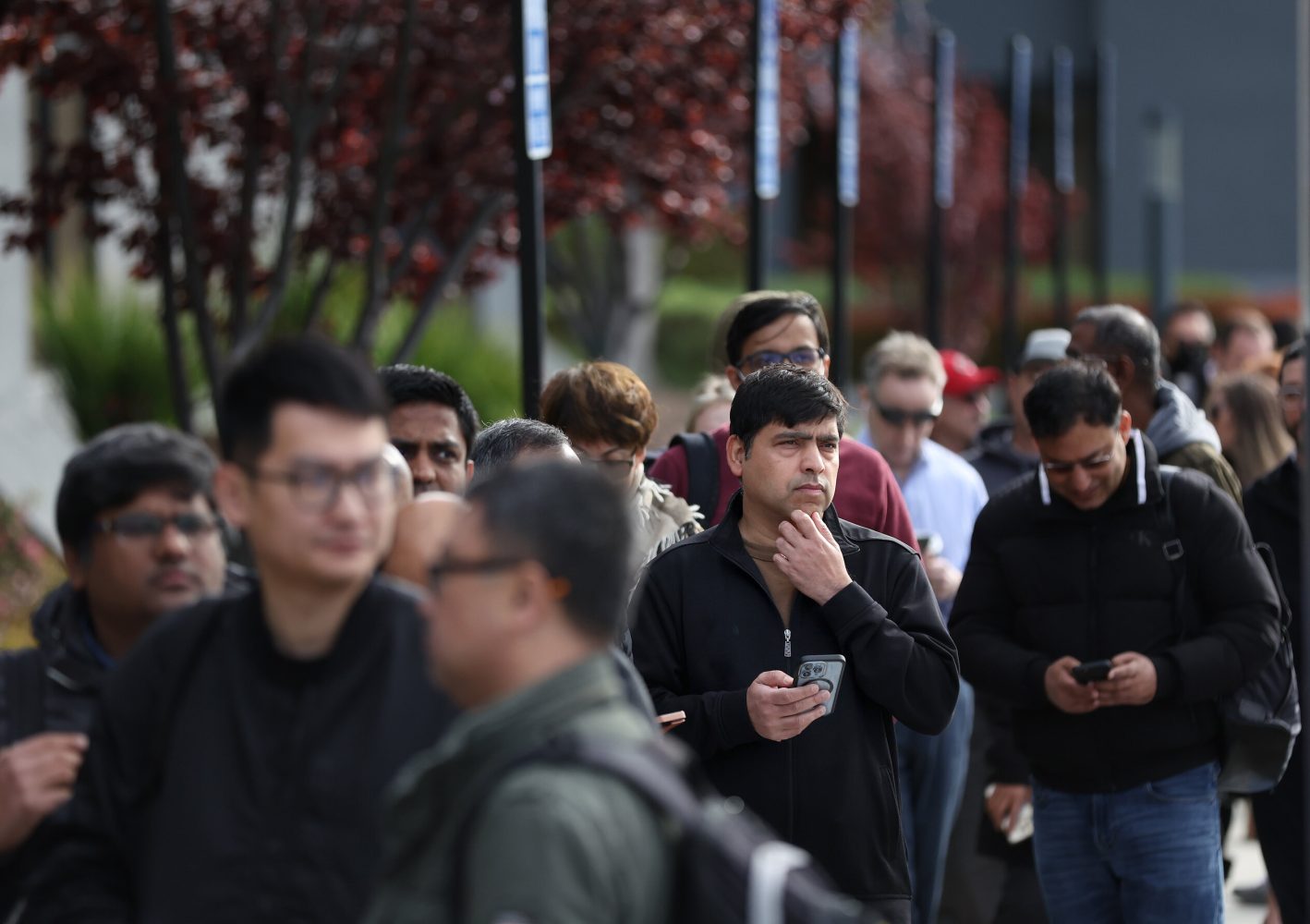Now Reading: Why Some People Struggle with Noisy Environments: The Science Explained
-
01
Why Some People Struggle with Noisy Environments: The Science Explained
Why Some People Struggle with Noisy Environments: The Science Explained

Speedy Summary:
- New research published in Brain and Language examines why some individuals struggle to understand speech in noisy environments.
- Findings attribute this difficulty to differences in brain wiring, notably involving the left insula’s increased connection with auditory processing regions.
- The connectivity changes persist even when individuals are not actively decoding speech, suggesting baseline neural rewiring independent of external stimuli.
- One study participant demonstrated poor hearing for pure tones but excelled at recognizing speech amidst noise, indicating potential brain adaptability through practice.
- Researchers believe this revelation could offer insights into addressing conditions like hearing loss and cognitive decline, including dementia.
Indian Opinion Analysis:
The study’s revelations about neural connectivity differences provide a fresh perspective on how the brain processes sensory facts under varying environmental conditions. Such findings could be significant for India, where hearing loss prevalence is rising due to increasing noise pollution and limited awareness about auditory health. Moreover, its implications for understanding dementia – a growing healthcare concern globally – highlight the need for advancing neurological research domestically. India’s healthcare stakeholders might leverage such insights to improve intervention strategies for sensory impairments and associated cognitive challenges.


























